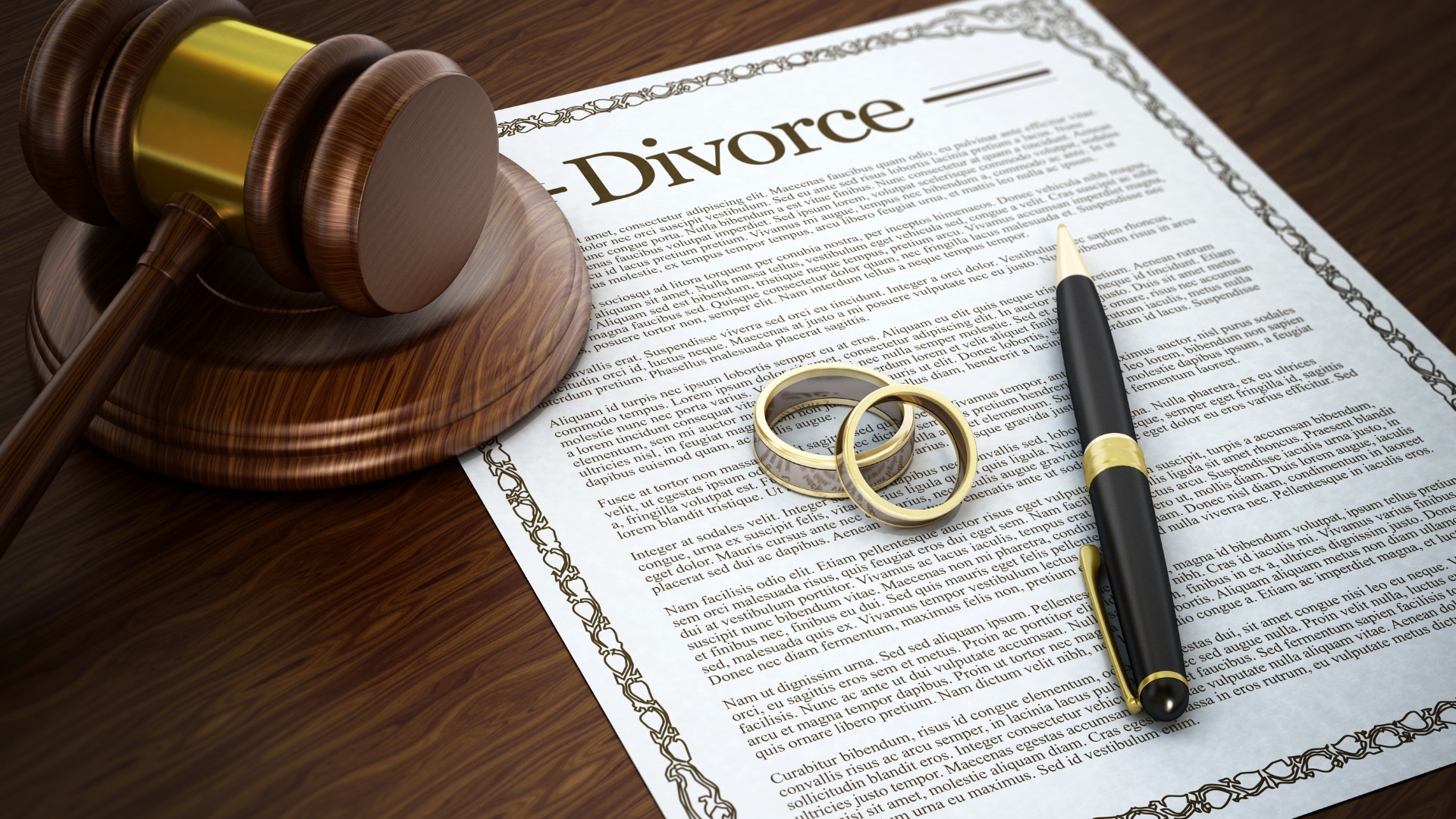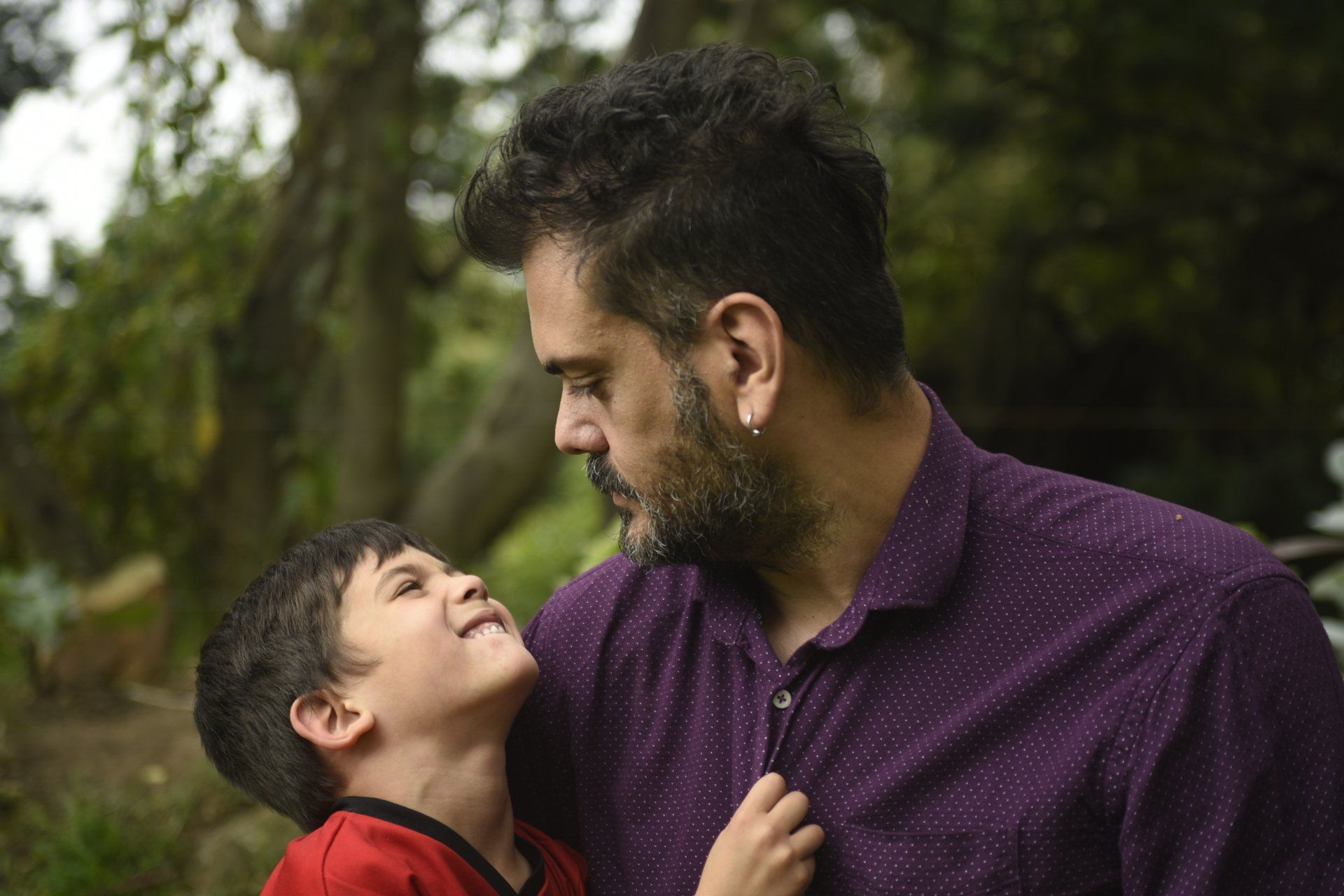The Emotional Journey of Divorce: Coping Strategies and Resources
Divorce is not just a legal dissolution of marriage; it's a profound personal experience that involves a complex tapestry of emotions. From heartache and anger to eventual acceptance and hope, the journey through divorce is unique for each individual. This blog post aims to explore the emotional landscape of divorce, offering coping strategies and resources to help navigate this challenging time.
Understanding the Emotional Rollercoaster
The Initial Shock
For many, the first phase of divorce is characterized by shock and disbelief. Whether the divorce was expected or came as a surprise, the realization that a significant chapter of your life is ending can be jarring. Feelings of confusion, denial, and even numbness are common.
Coping Strategy: Give yourself permission to feel these emotions without judgment. Understand that it's a normal part of the process. Seeking support from close friends, family, or a therapist can provide a safe space to express these feelings.
The Turbulent Middle
As the reality sets in, a range of emotions may surface. Anger, guilt, sadness, and fear are typical during this stage. You might find yourself grappling with questions like “What went wrong?” or “Could I have done something differently?”
Coping Strategy: This is a crucial time for self-care. Practices like meditation, exercise, and journaling can be incredibly therapeutic. Additionally, joining support groups or forums can help you feel less isolated as you connect with others going through similar experiences.
The Process of Grieving
Divorce often involves a grieving process similar to mourning the loss of a loved one. You're not just mourning the loss of a partner, but also the dreams, plans, and lifestyle you shared.
Coping Strategy: Allow yourself to grieve. It's healthy to acknowledge the loss and the pain it brings. Professional counseling or therapy can be instrumental in navigating this grief in a constructive way.
Rebuilding and Moving Forward
Eventually, there's a shift towards acceptance and rebuilding. This stage is about redefining your identity outside of the marriage and exploring what your new life looks like.
Coping Strategy: Embrace new beginnings and explore interests or hobbies that you may have put aside. Consider setting new goals and challenges for yourself. This is also a time to strengthen your relationships with friends and family.
Practical Coping Strategies
Developing a Support Network
Building a support network is vital. Surround yourself with people who understand what you’re going through and can provide emotional support. This network can include friends, family, therapists, or members of support groups.
Maintaining Physical Health
Physical health has a significant impact on emotional well-being. Regular exercise, a balanced diet, and adequate sleep are essential. Yoga and mindfulness practices can also help maintain a healthy mind-body connection.
Seeking Professional Help
Don’t hesitate to seek professional help if you're struggling to cope. Therapists specializing in divorce can offer valuable guidance and coping strategies. They can also help you work through complex emotions and start the healing process.
Journaling and Creative Outlets
Expressing your thoughts and emotions through journaling or other creative outlets like art or music can be incredibly cathartic. It helps to process feelings in a tangible way and can offer insights into your emotional state.
Resources for Support
Books and Literature
There are numerous books that offer insights and advice on coping with divorce. Titles like “Rebuilding: When Your Relationship Ends” by Bruce Fisher or “The Journey from Abandonment to Healing” by Susan Anderson can be helpful.
Online Communities and Forums
Online communities can offer a sense of belonging and understanding. Websites like DivorceCare.org or forums on platforms like Reddit can provide a space to share experiences and advice with those who understand what you’re going through.
Professional Counseling and Therapy
Finding a good therapist or counselor, especially those specializing in divorce, can be a game changer. Organizations like the American Psychological Association (APA) and the National Association of Social Workers (NASW) have directories to help find licensed professionals in your area.
Support Groups
Support groups, both in-person and online, can be a source of comfort and advice. Groups like DivorceCare offer programs and meet-ups for individuals going through a divorce.
Conclusion
The journey through divorce is emotionally complex and deeply personal. Understanding and accepting your emotions during this time is crucial for healing and moving forward. By employing coping strategies, seeking support, and accessing available resources, you can navigate this challenging period and emerge with newfound strength and resilience.










THE ATLANTA DIVORCE & CUSTODY LAW FIRM SUCCESS BLOG




All Rights Reserved
DISCLAIMER
The information provided on this website is for general informational purposes only. It is not intended to be legal advice or a substitute for professional legal counsel. The use of this website or the communication through this website does not create an attorney-client relationship between you and Atlanta Divorce and Custody Law Firm. Please consult with an attorney from Atlanta Divorce and Custody Law Firm to obtain advice specific to your situation.

